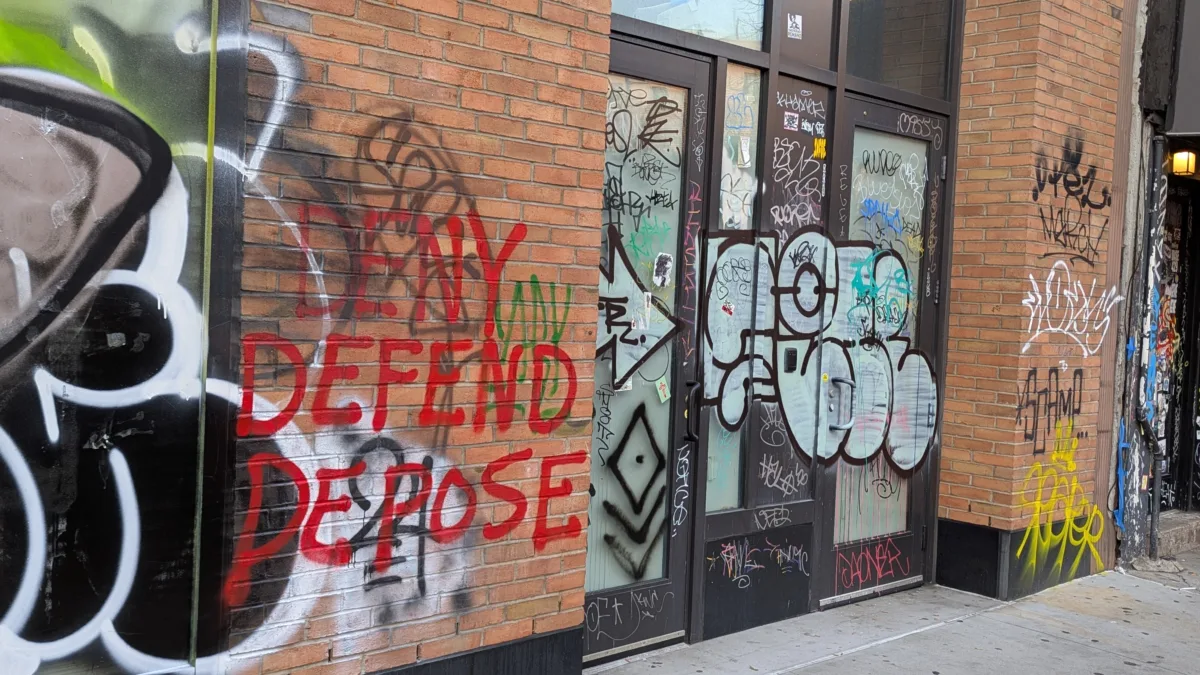
Trump’s DOJ Seeks Death Penalty Against Luigi Mangione
Attorney General Pam Bondi called the murder of UnitedHealthcare CEO Brian Thompson “an act of political violence.”

Attorney General Pam Bondi called the murder of UnitedHealthcare CEO Brian Thompson “an act of political violence.”

I’ve been in prison for 42 years. After New York State closed my facility, it sent me to Sing Sing—a prison filled with tension and violence.
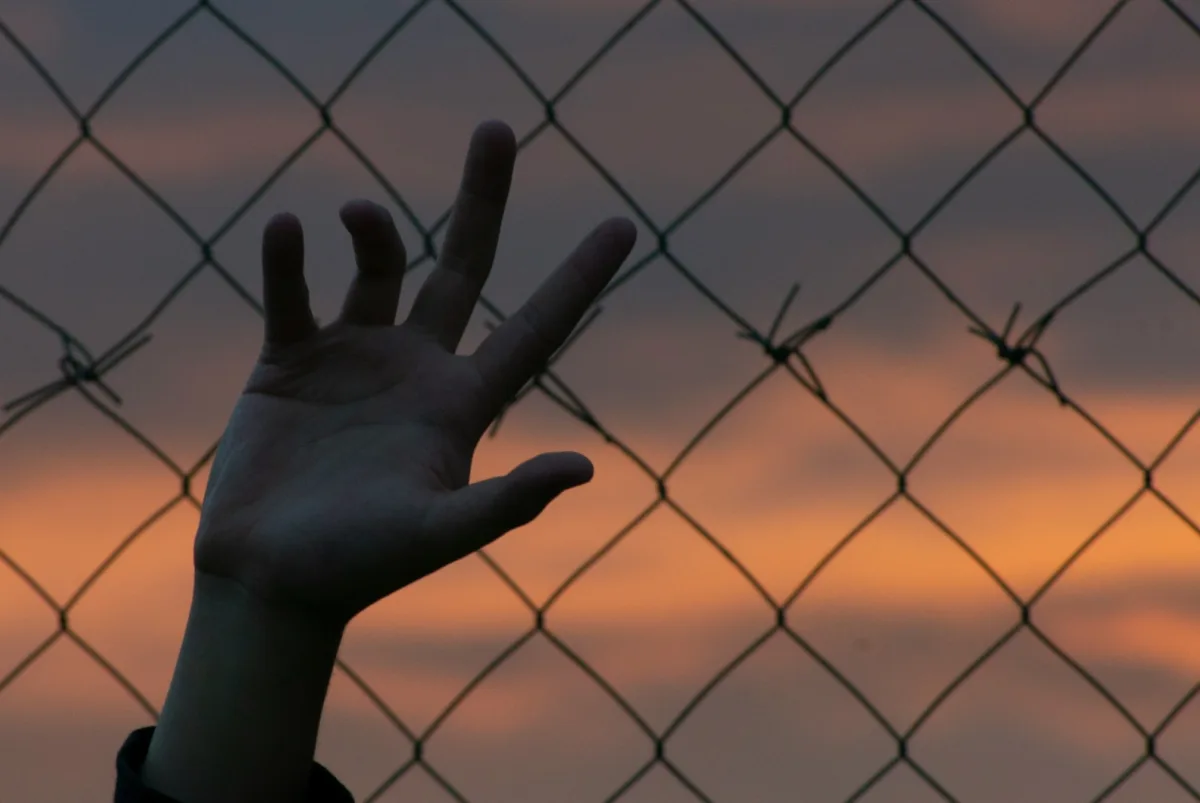
In prison, I’ve done work to come to terms with the pain I’ve both felt and caused. Hopefully, my story—and others like it—can deter younger children from making the same mistakes.
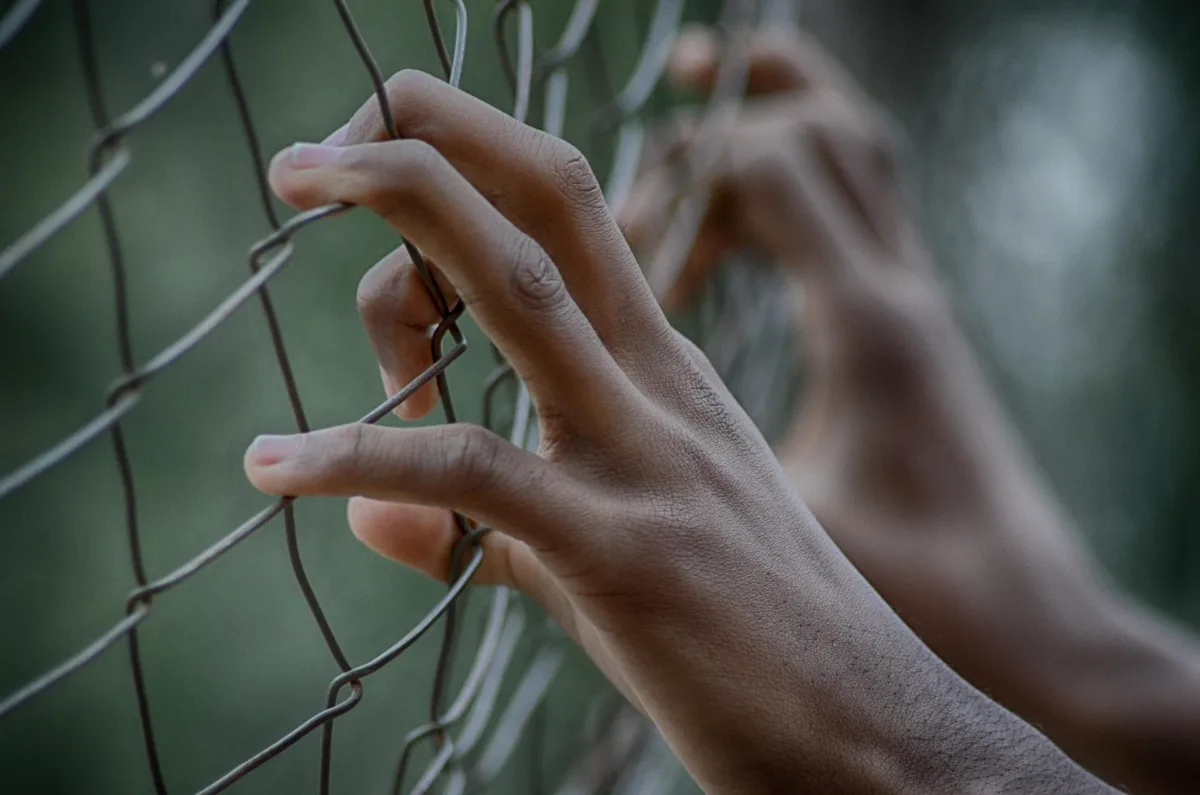
This legislative session, New York lawmakers should pass the Second Look Act, which lets incarcerated people apply for possible resentencing after serving 10 years or half of their sentences.

For people trapped in prison for decades, simple things like book clubs can be a lifeline and help people cope with the realities of the prison system. Sing Sing Correctional Facility’s club has helped give me and others a sense of purpose and belonging.

With heat waves sweeping across the country, incarcerated people in states with traditionally milder climates are facing brutal conditions that have long plagued the South and Southwest. A survey by The Appeal reveals that many of the hottest states house prisoners in units without air-conditioning.
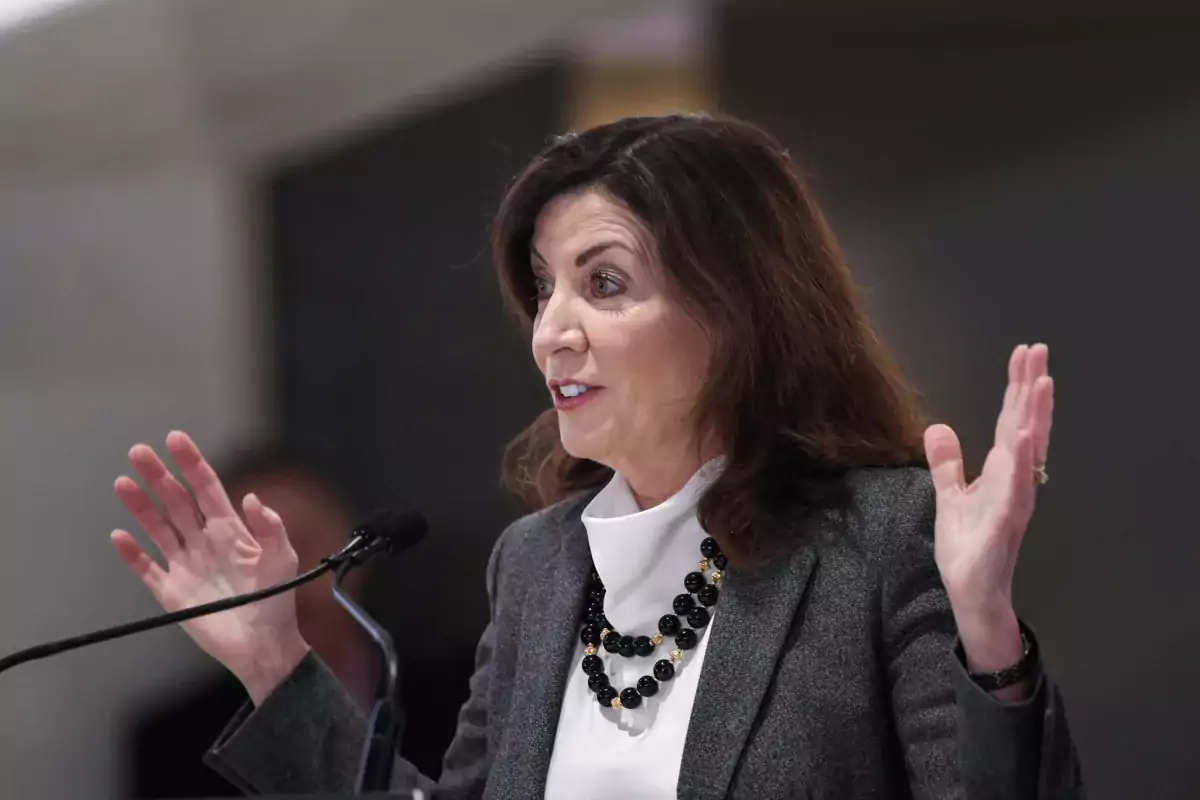
The governor’s broken promises have perpetuated an unacceptable status quo that denies incarcerated individuals a fair and transparent process for parole decisions.
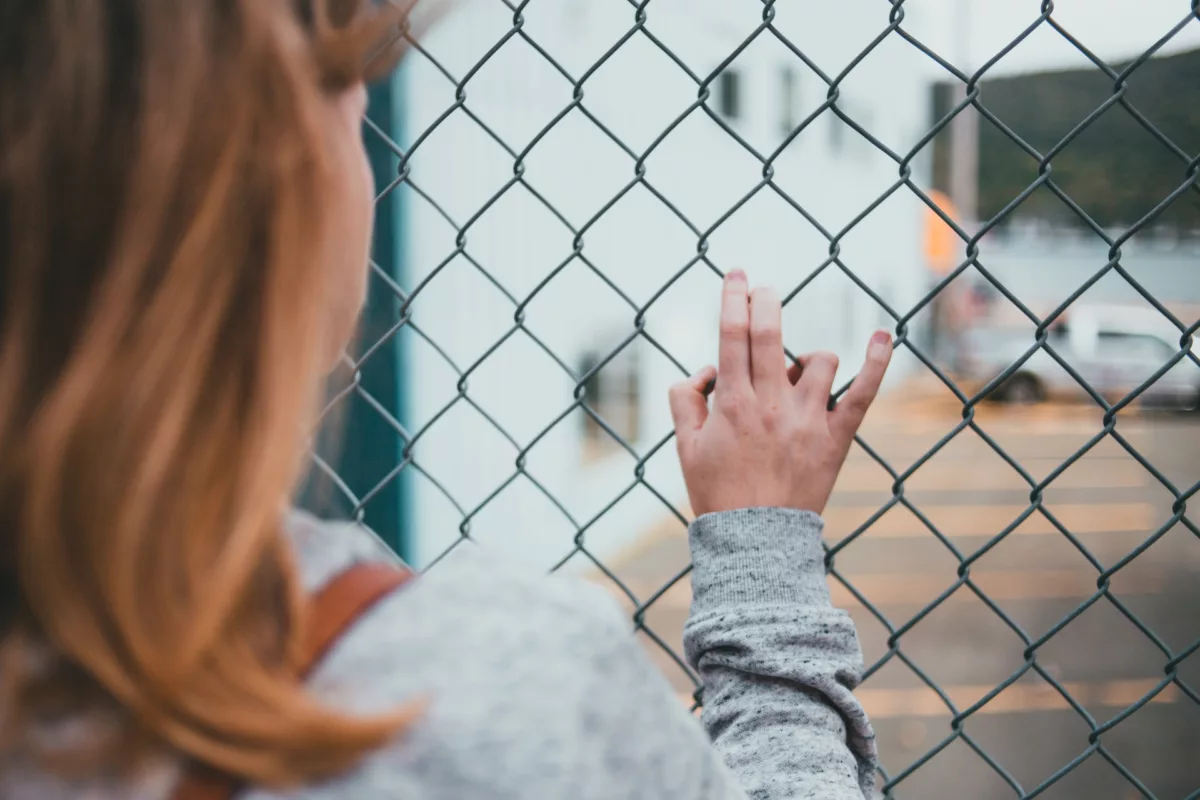
He hopes the settlement will lead to reforms in New York prisons, where three-quarters of trans people say corrections officers have inappropriately touched or sexually assaulted them.
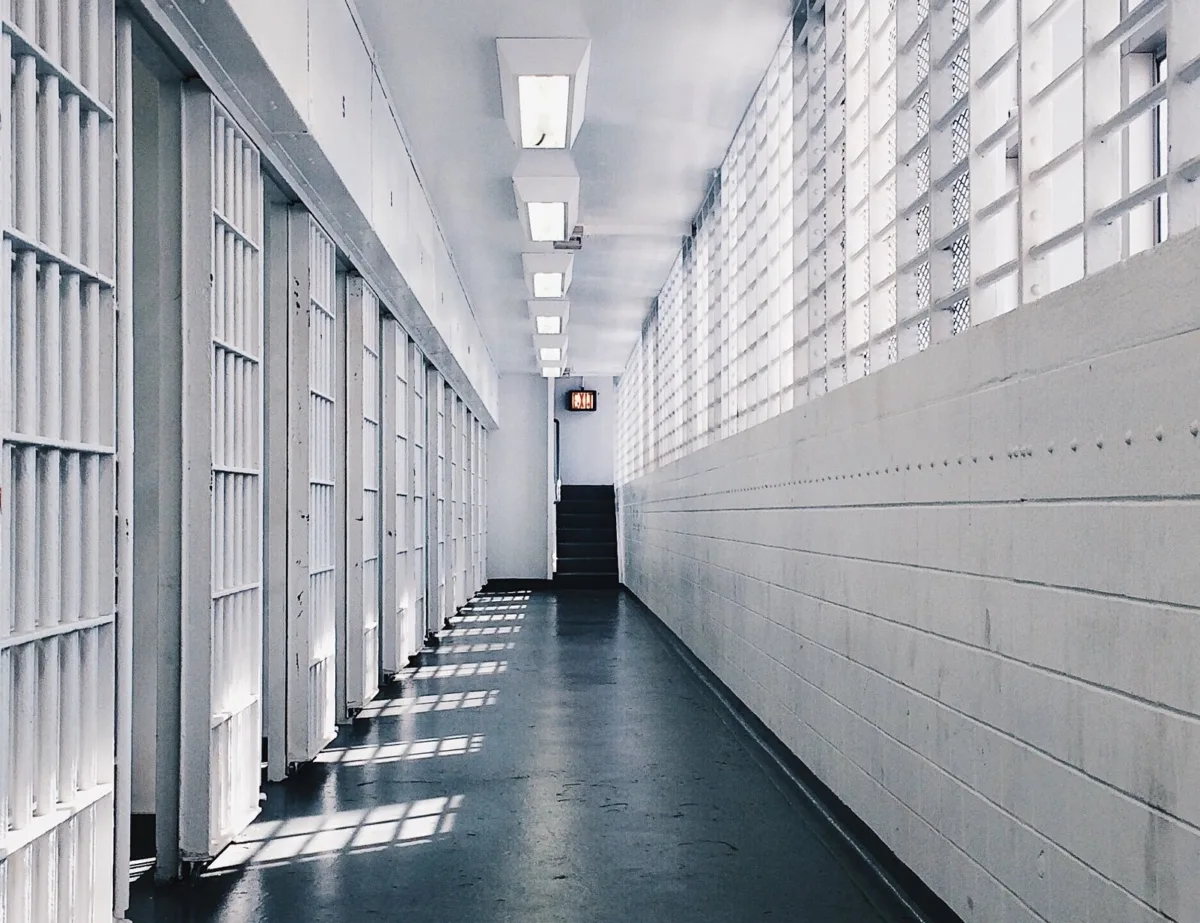
A suit filed this week accuses Broome County Jail staff of using threats of punishment to “create a culture of fear” that forces pretrial detainees to submit to unpaid labor.

New York officials have flooded the subway system with cops and military personnel in a show of “security theater.” Will it actually make people safer—and is that even the point?
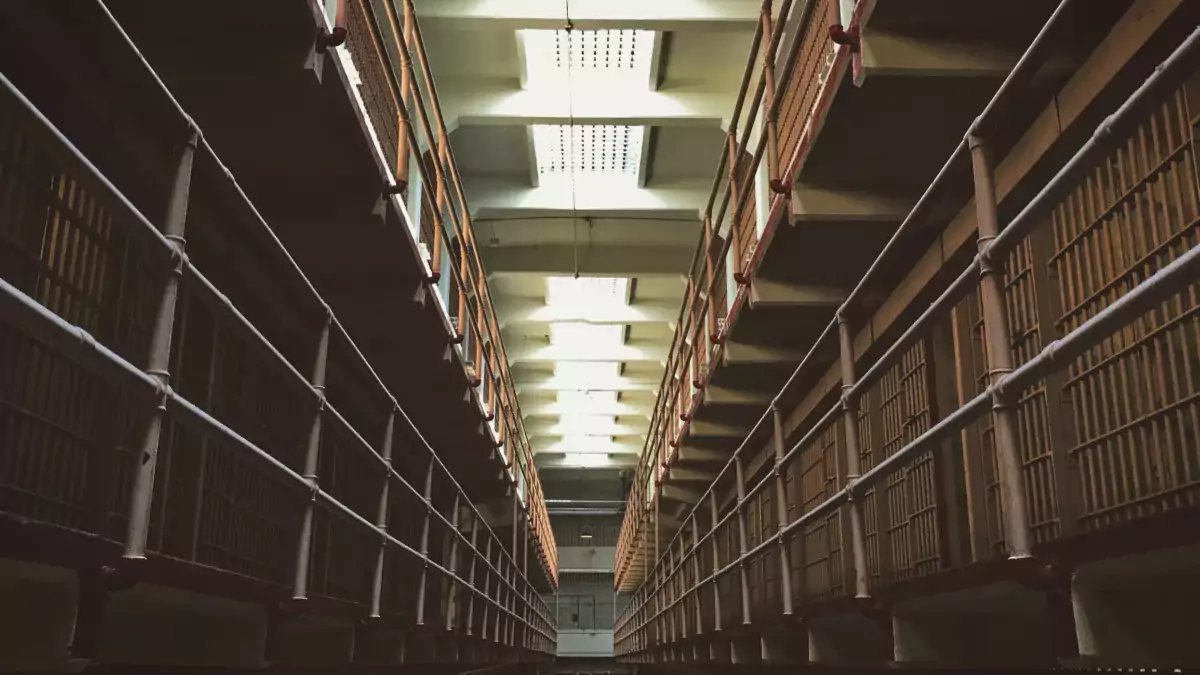
On Jan. 19, New York City Mayor Eric Adams vetoed a bill that would have effectively banned solitary confinement in his city’s jails. Incarcerated writer Chris Blackwell and CUNY Law Professor Deborah Zalesne share why the practice is so horrific.

A federal complaint filed today alleges that the Ronald McDonald House is discriminating against people with sick children who happen to have been convicted of certain crimes in the past. The ACLU, among other groups, alleges the rule violates the federal Fair Housing Act.
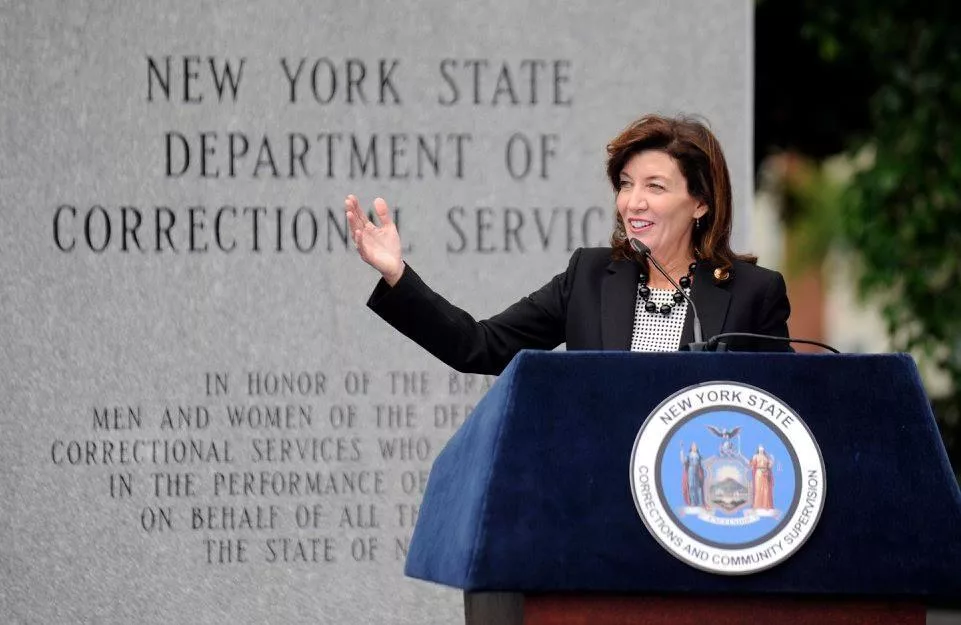
In response to systemic abuse, neglect, and secrecy inside New York prisons, state legislators Julia Salazar and Danny O’Donnell have introduced a bill to establish a state Office of the Correctional Ombudsman to investigate and report on correctional facilities.
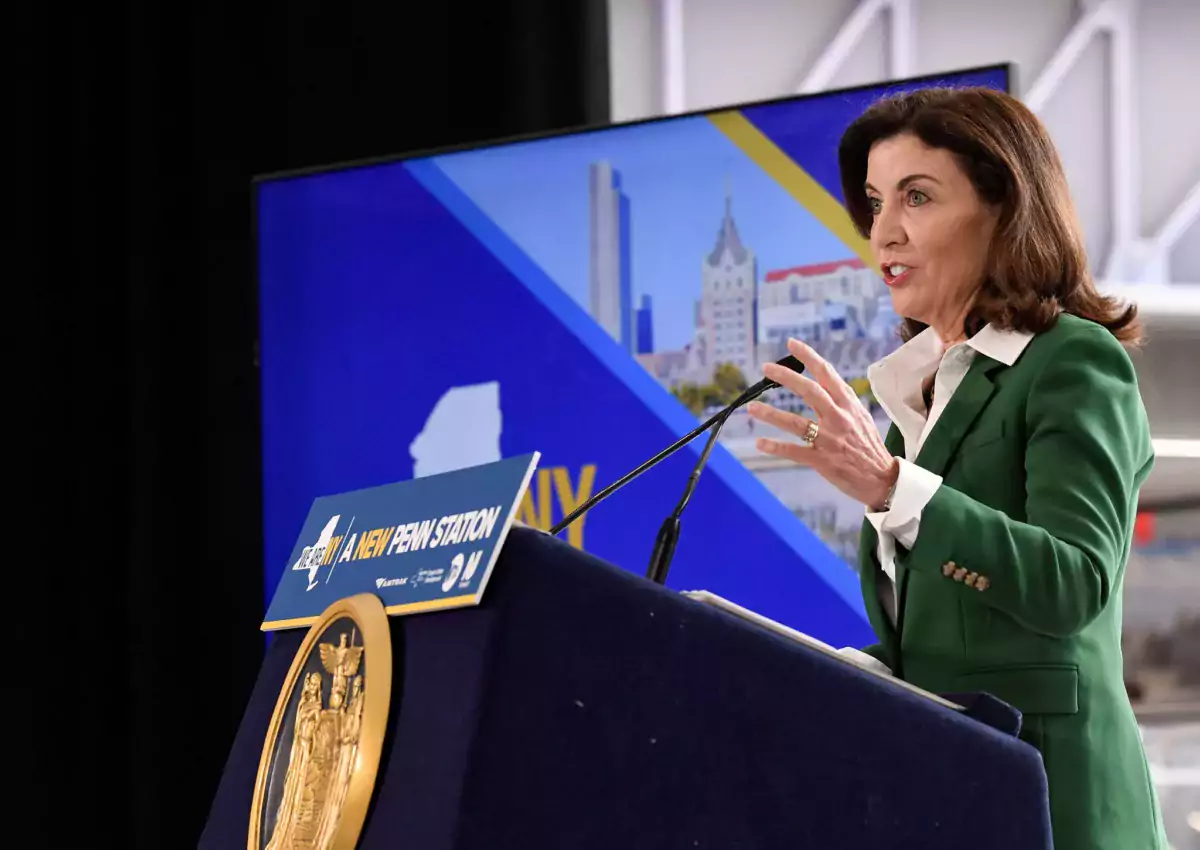
By signing the Challenging Wrongful Convictions Act into law, Governor Kathy Hochul can set a model of good policy for other progressive states seeking to serve as a bulwark against the conservative Supreme Court.

More than 150 detention facilities experienced “hazardous” air last week, according to an analysis by The Appeal. As wildfires have gotten worse, prisoners are facing a unique threat.
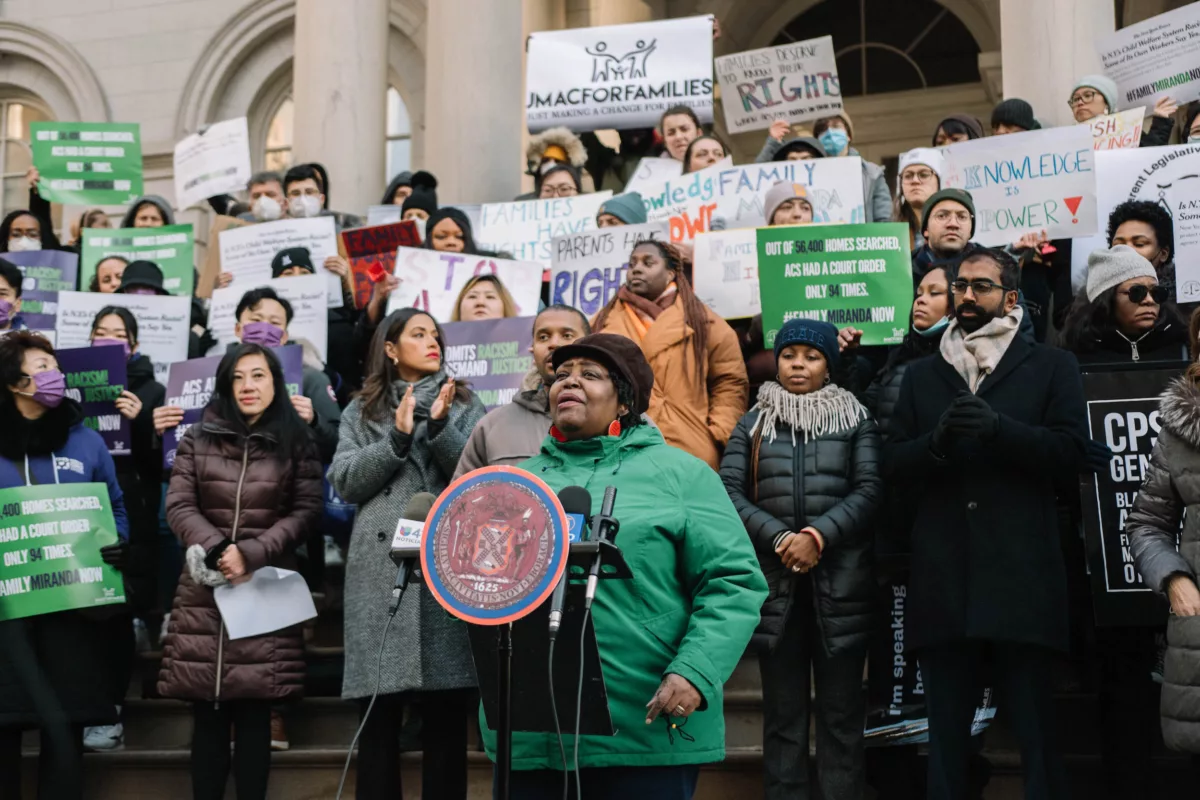
New York families are organizing to require caseworkers to give parents a Miranda-like warning informing them of their rights in so-called “child welfare” investigations.
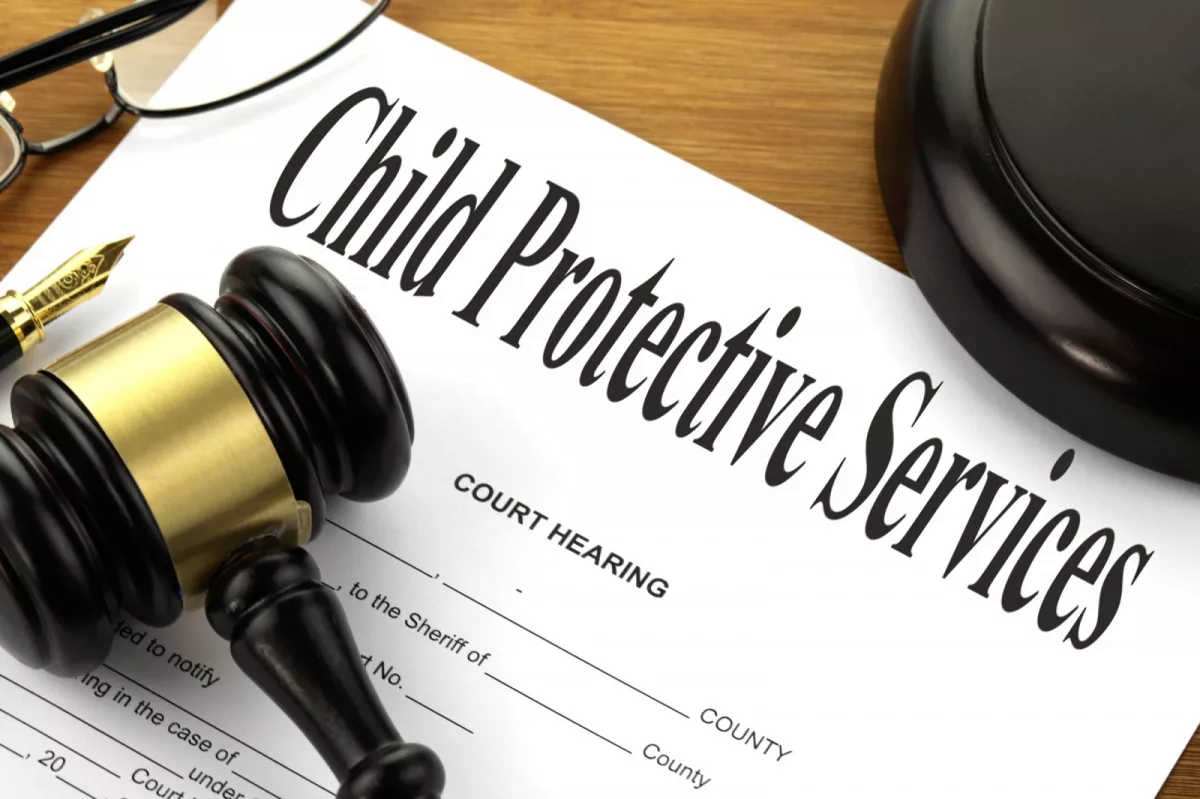
The New York City Administration for Children’s Services effectively serves as a policing system for parents, which disproportionately targets families of color and only rarely finds evidence of abuse or neglect.
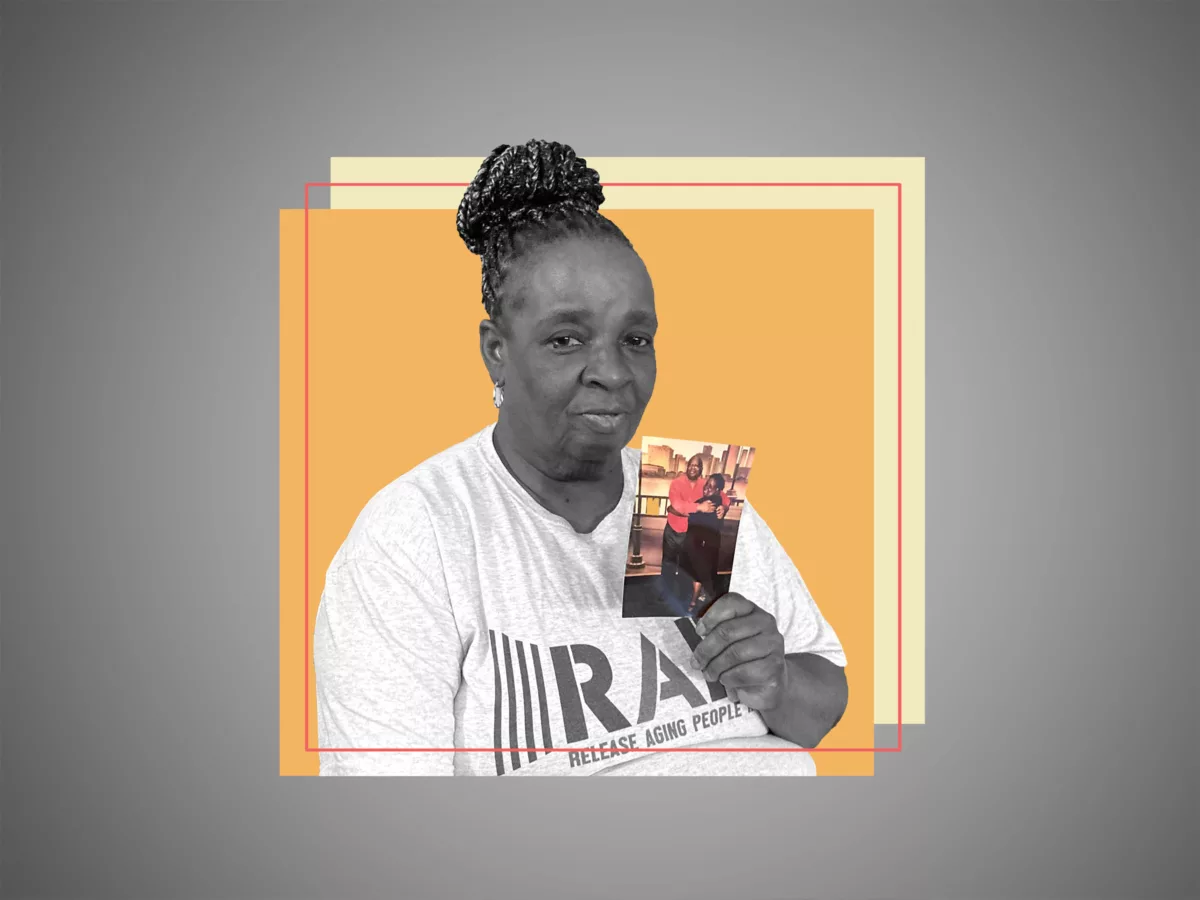
Prisons are ill-equipped to handle their aging population, which has tripled in the past two decades.

New York’s Adult Survivors Act briefly waives the statute of limitations to file sexual abuse lawsuits. Some of New York’s imprisoned women are risking retaliation from guards in order to file cases alleging horrific treatment at the hands of the state.
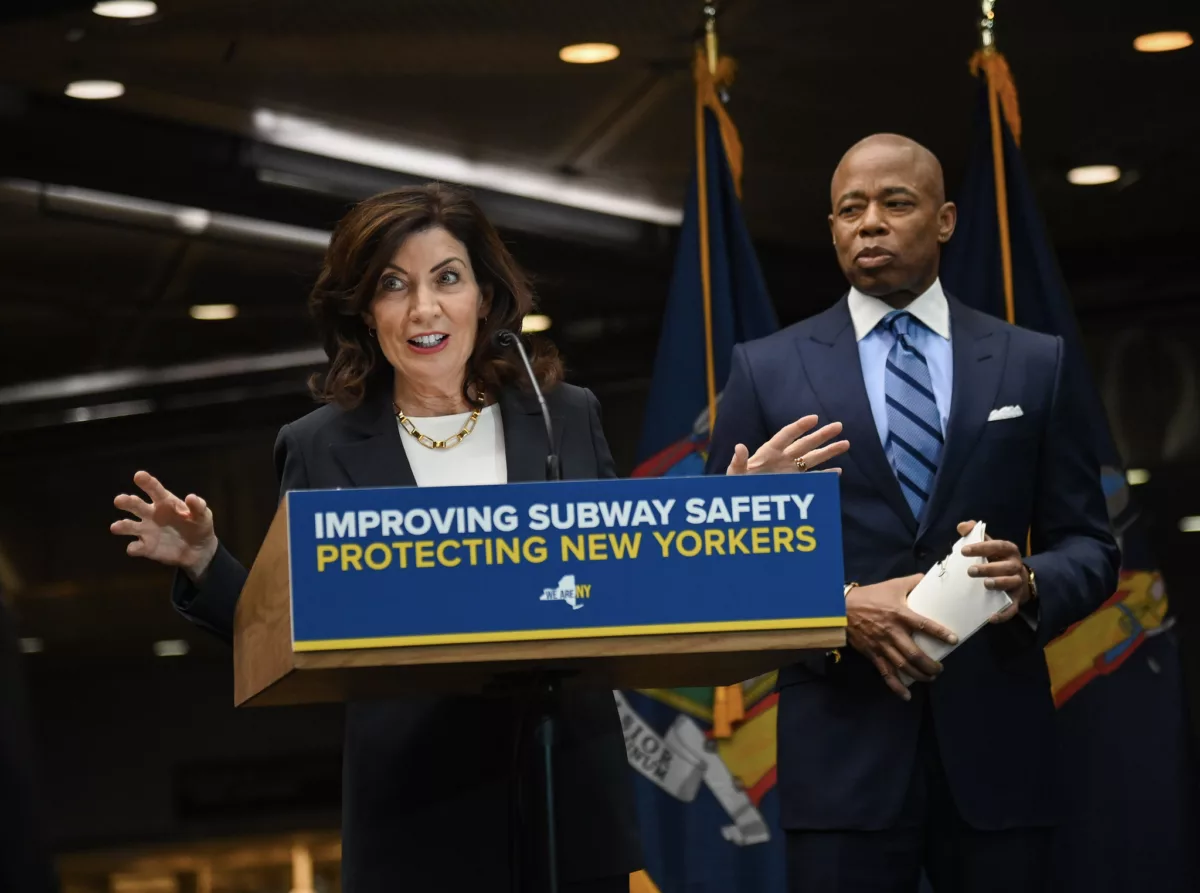
The New York governor is making an appeal to “mob justice” as she threatens to take her state back decades on issues of pretrial justice and policing.

I was lucky enough to get a lot of mail while imprisoned on Rikers Island. Paper mail is one of the few things that keeps prisoners feeling human.
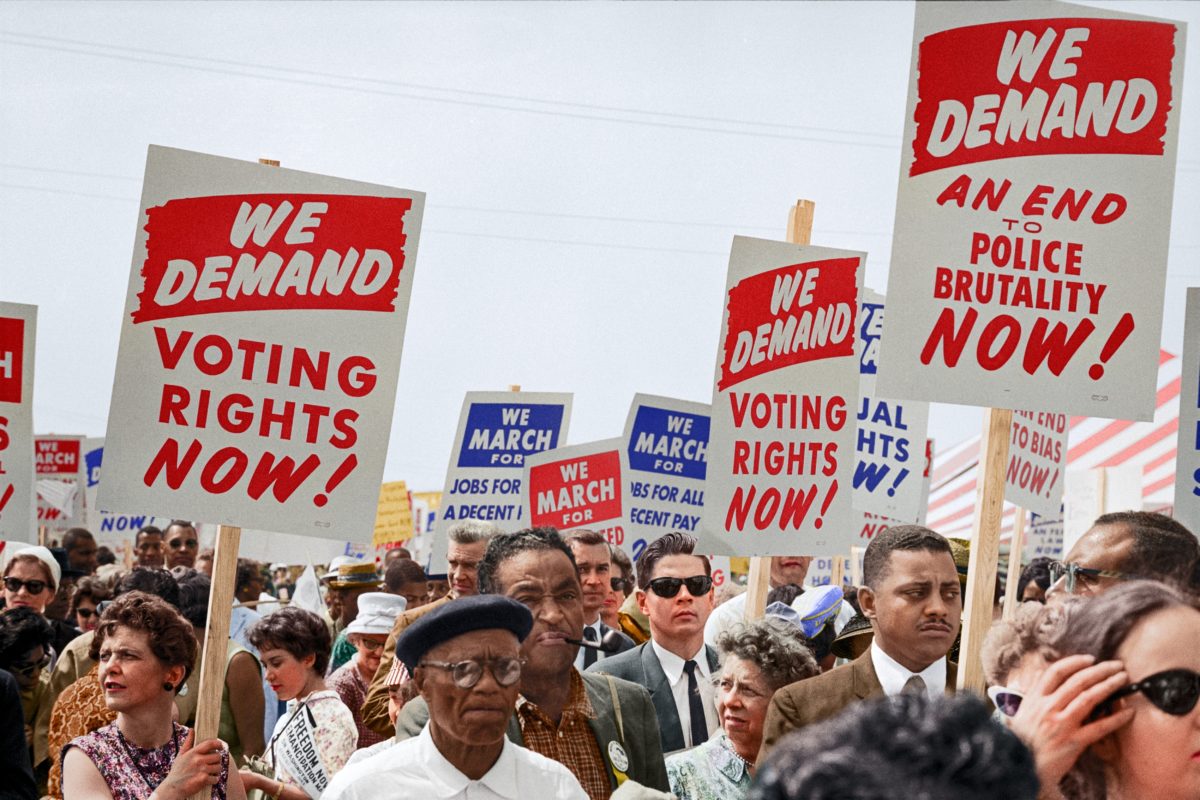
Four lawmakers explain why they introduced legislation to finally end felony disenfranchisement in New York.
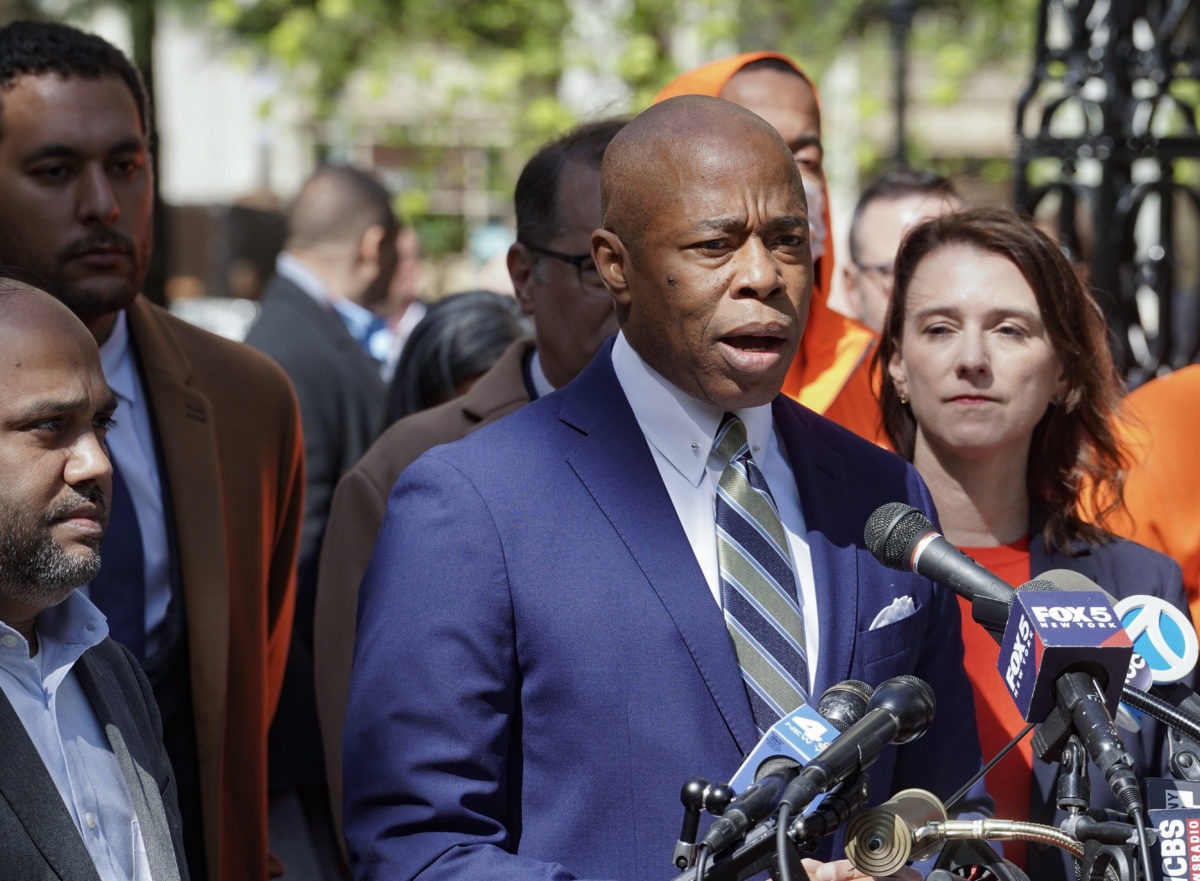
New York law can leave people who are involuntarily committed financially liable for their hospital bills and ambulance ride

Some recent redevelopment projects show how the work of reforming and dismantling the prison system can move us towards a society centered around restorative justice and social wellness.
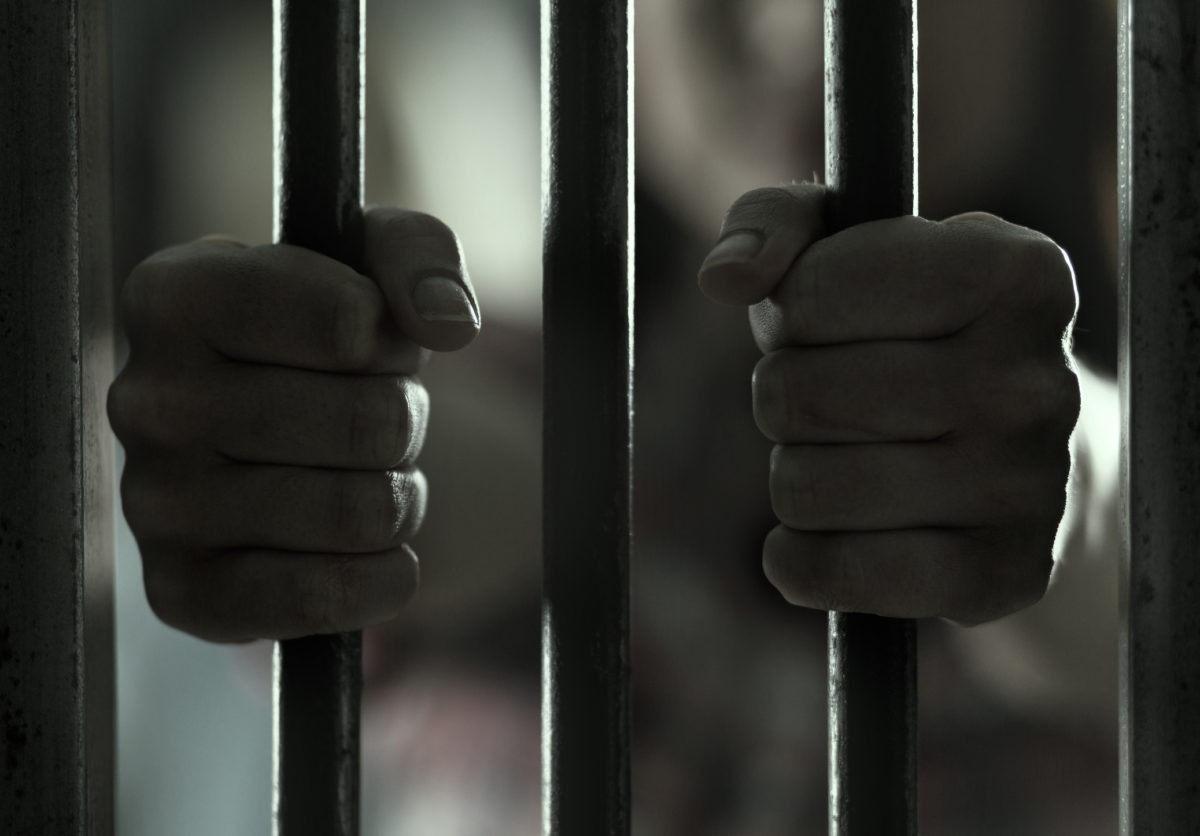
New restrictions have made it harder to send food to incarcerated people. Advocates say the policy is doing disproportionate harm inside women’s prisons, and to women on the outside who often serve as caretakers.
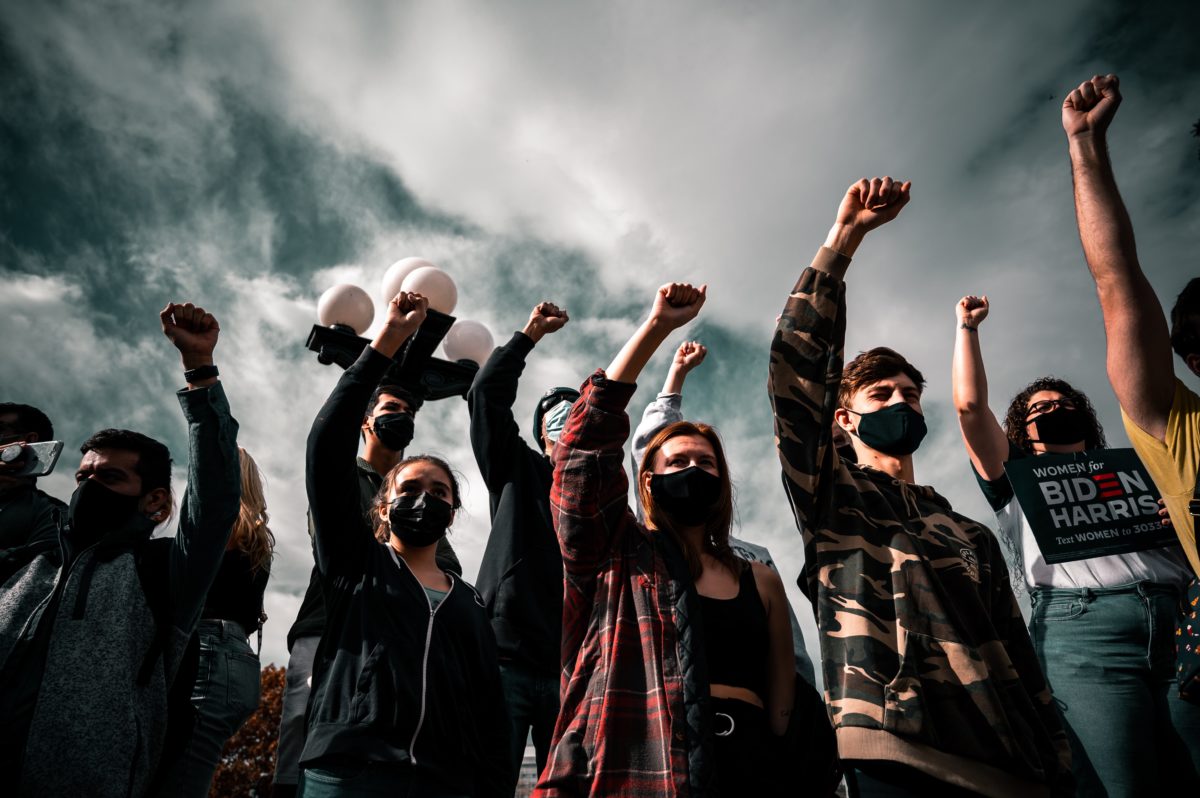
Midterm election results show the bad-faith “crime wave” narrative failed to con a critical mass of voters, who instead want a less draconian police state.
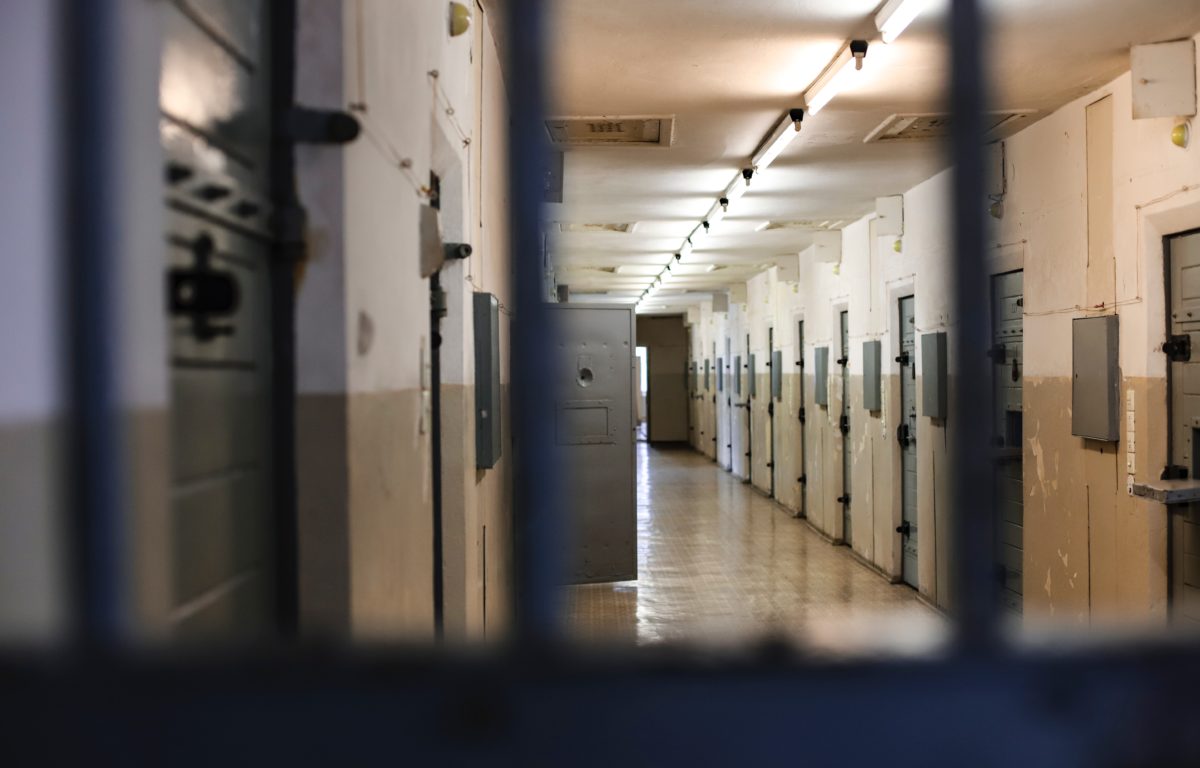
New York’s landmark solitary confinement reform law created a new, “rehabilitative” type of isolation unit. State prisons aren’t on board with the changes.
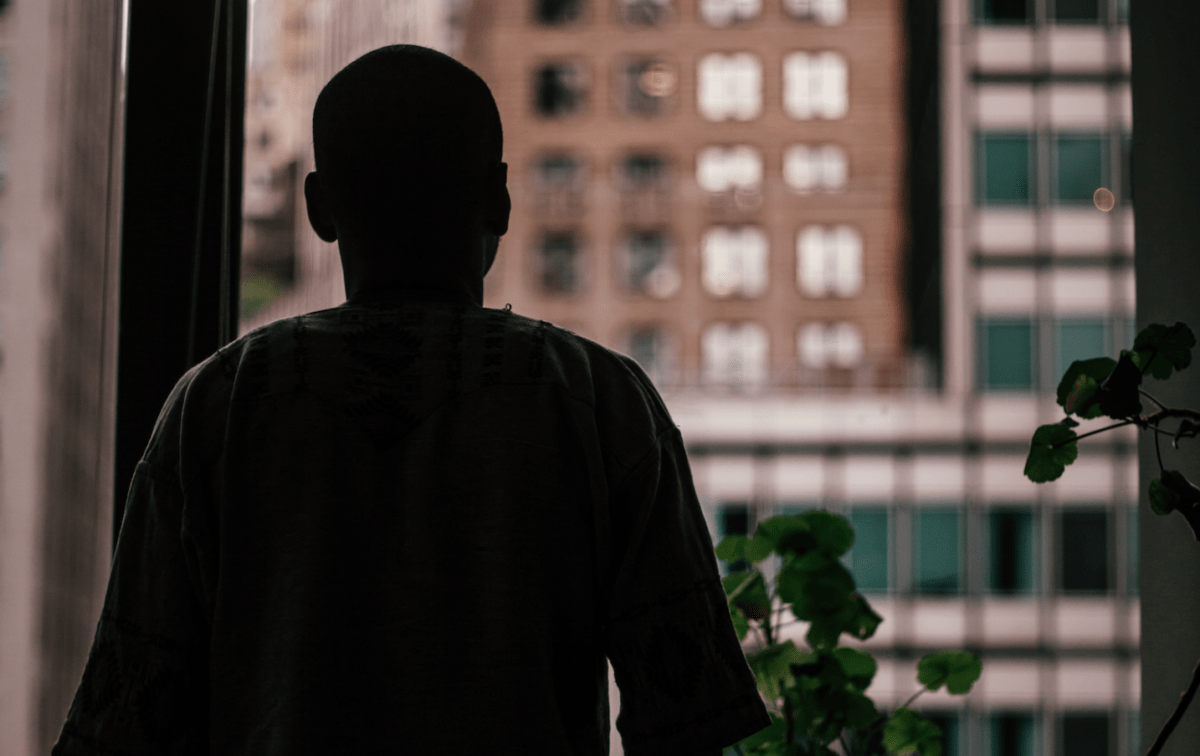
Prison officials allegedly used solitary confinement to get the plaintiff to submit to an invasive examination prohibited under federal law.
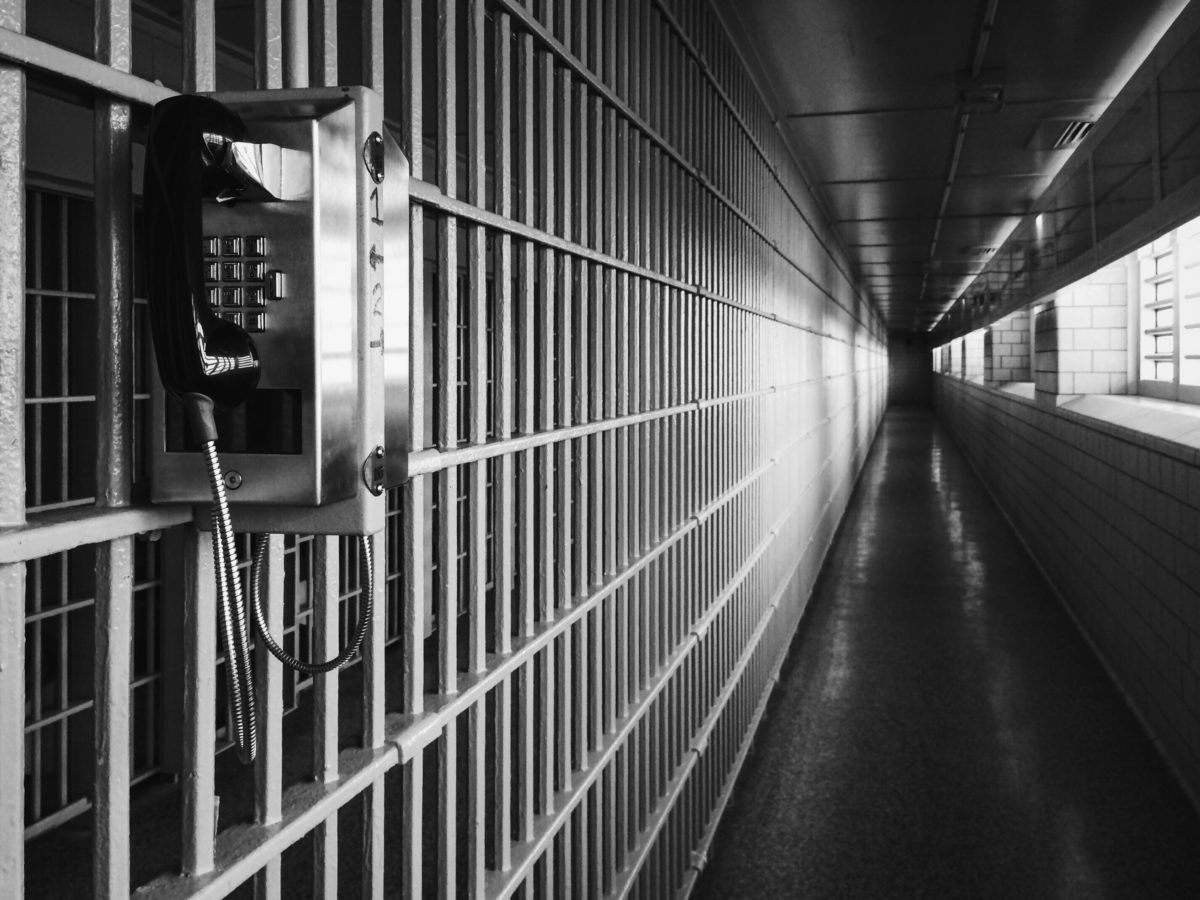
The ban had helped the Broome County Sheriff rake in hundreds of thousands of dollars in profits from detainee video and phone call fees.
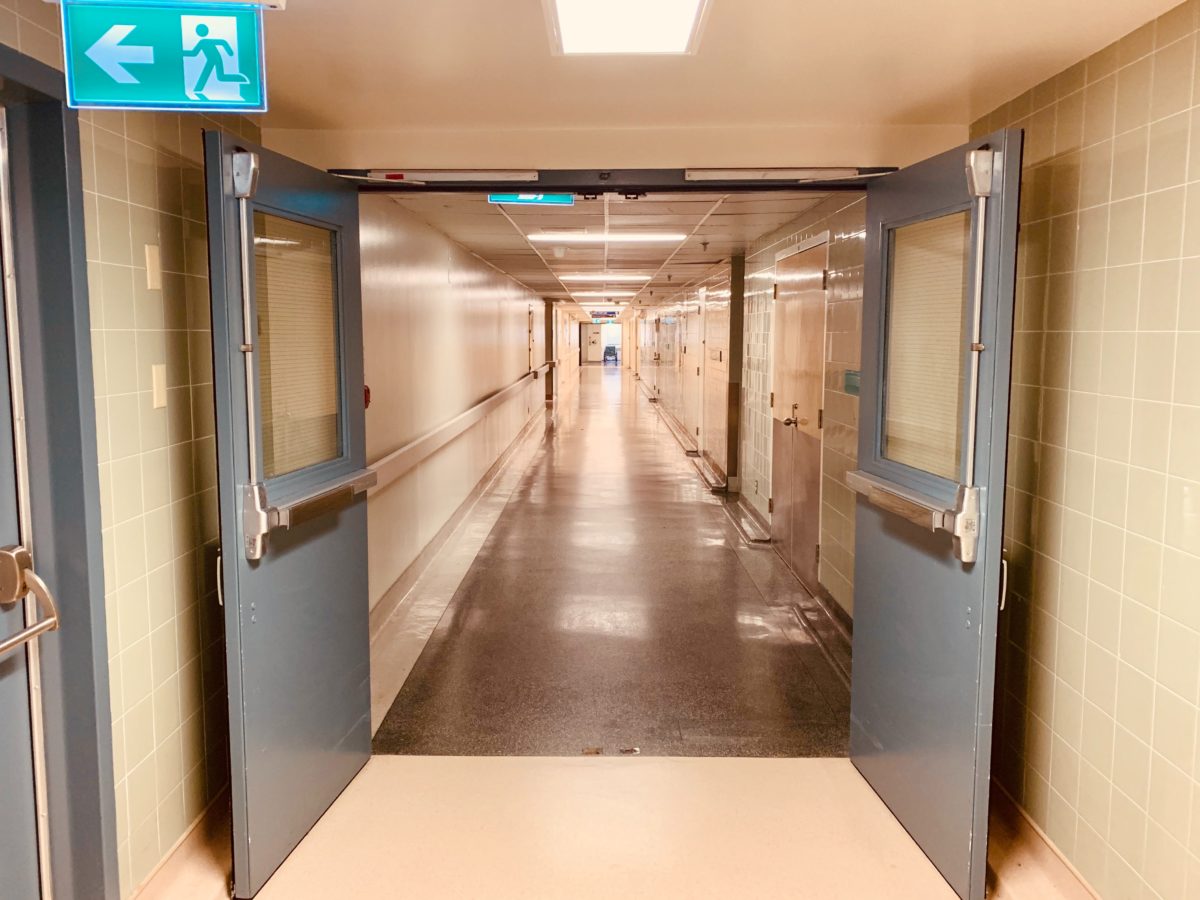
Advocates of assisted outpatient treatment say it could reduce homelessness and mass shootings. Critics call it incarceration by another name.
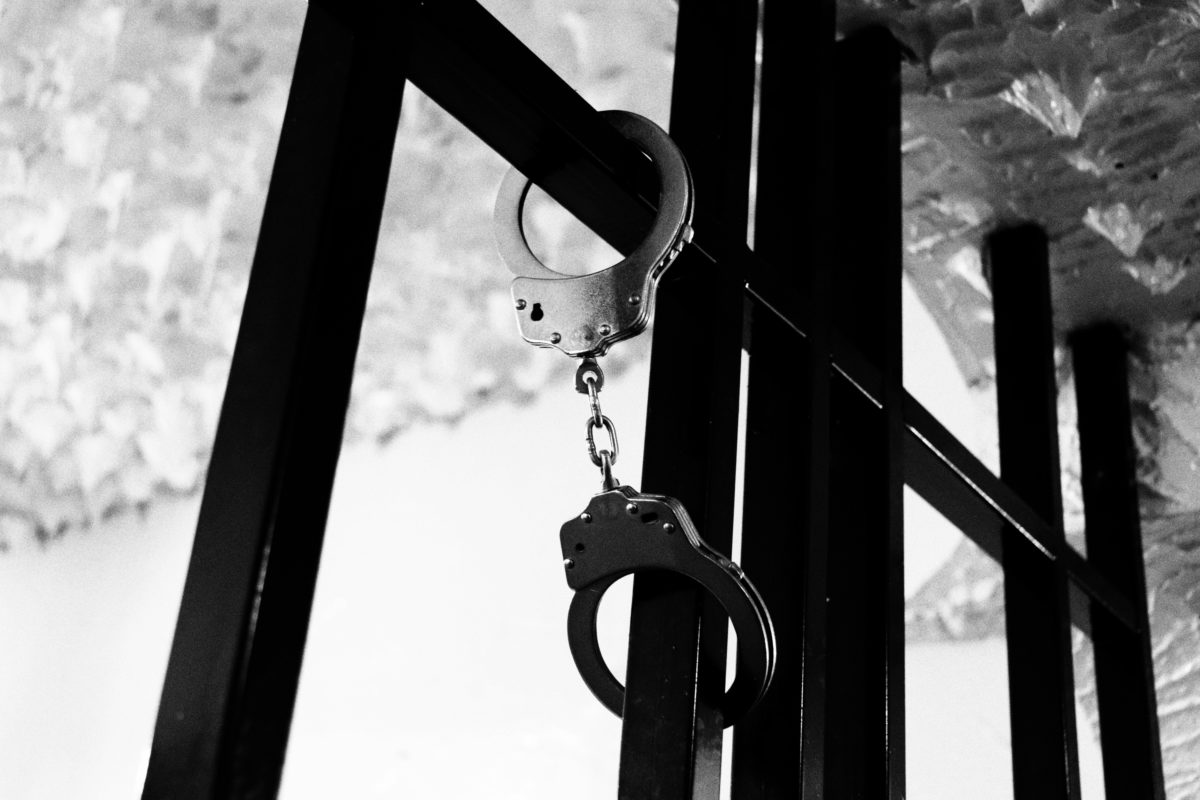
Personal narratives can help the public understand the benefits of bail reform, but telling these success stories presents its own share of challenges.
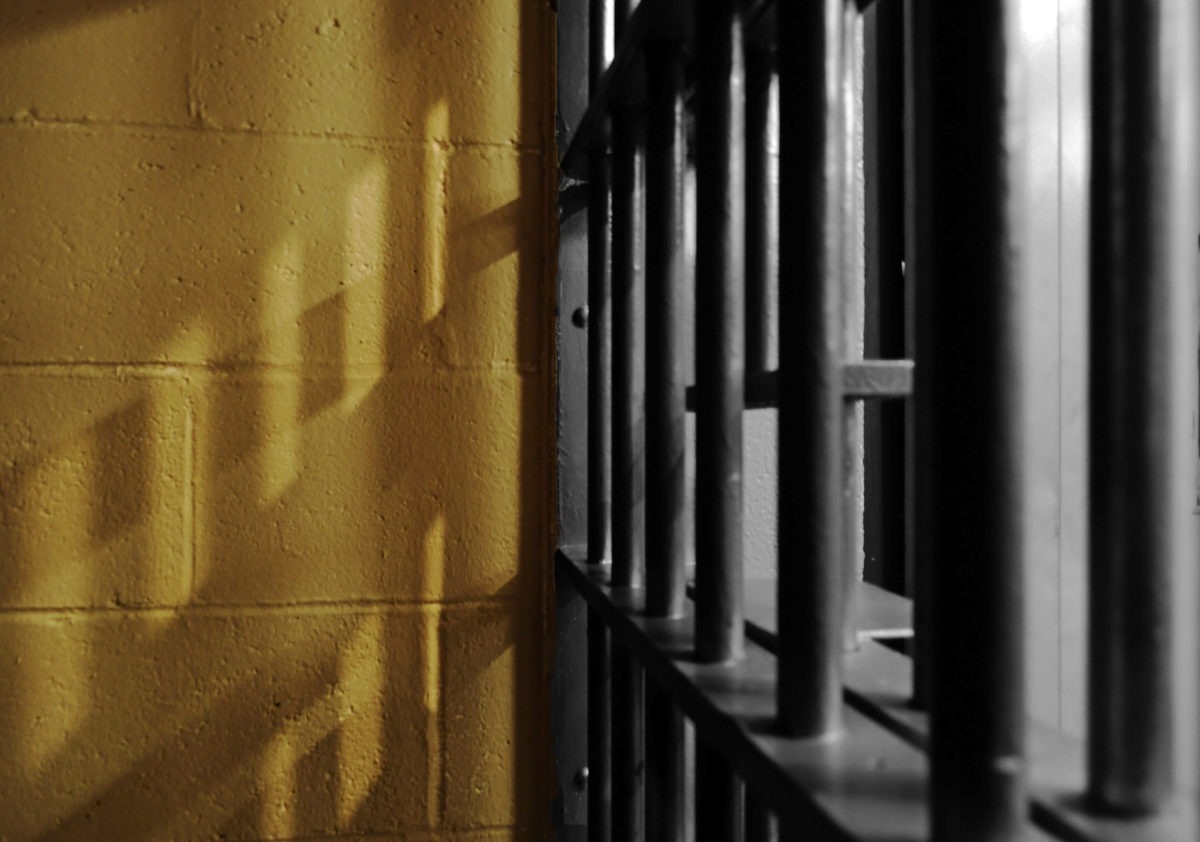
I wanted to have a better diet in prison. But when you’ve been stripped of your freedom, it can be impossible to make the “right” decisions.
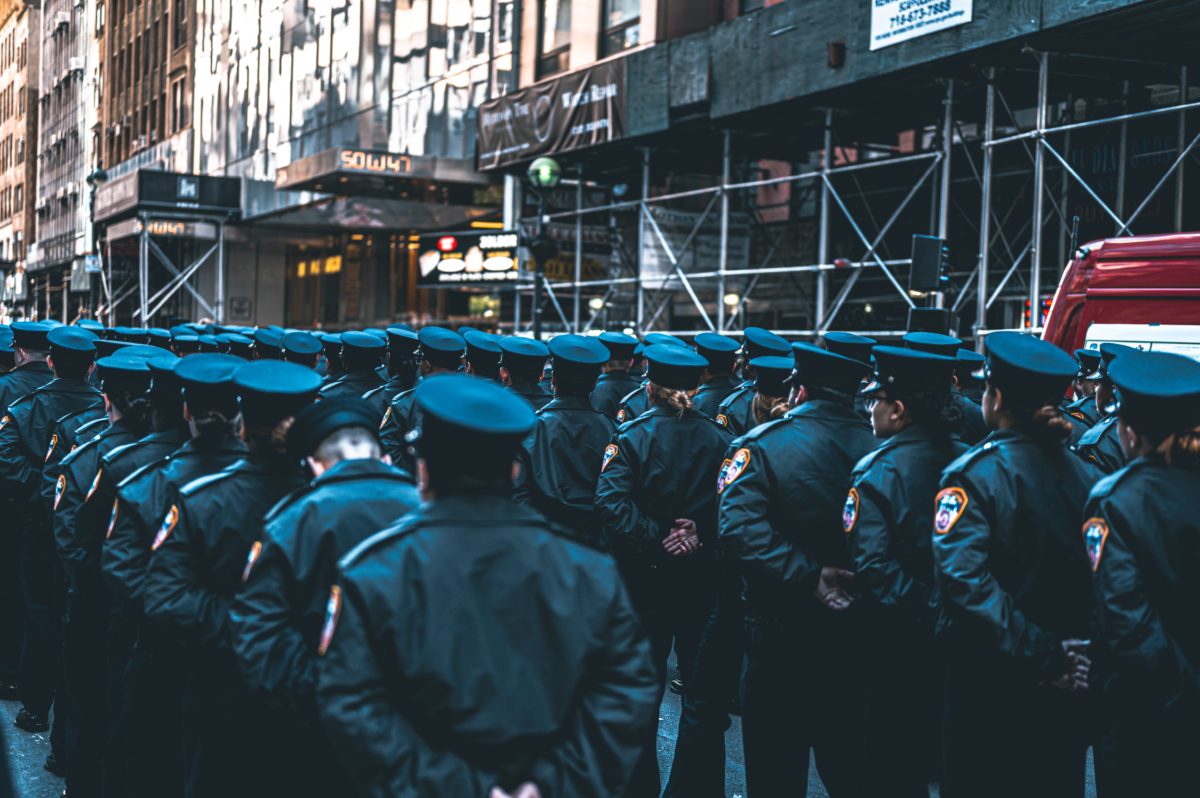
The probe will assess whether the SVD engages in a “pattern or practice of gender-biased policing,” according to the DOJ.

More than two years into the pandemic, the Broome County Sheriff’s Office is still prohibiting all jail visits. The policy helped them take in more than a half-million dollars in 2021.
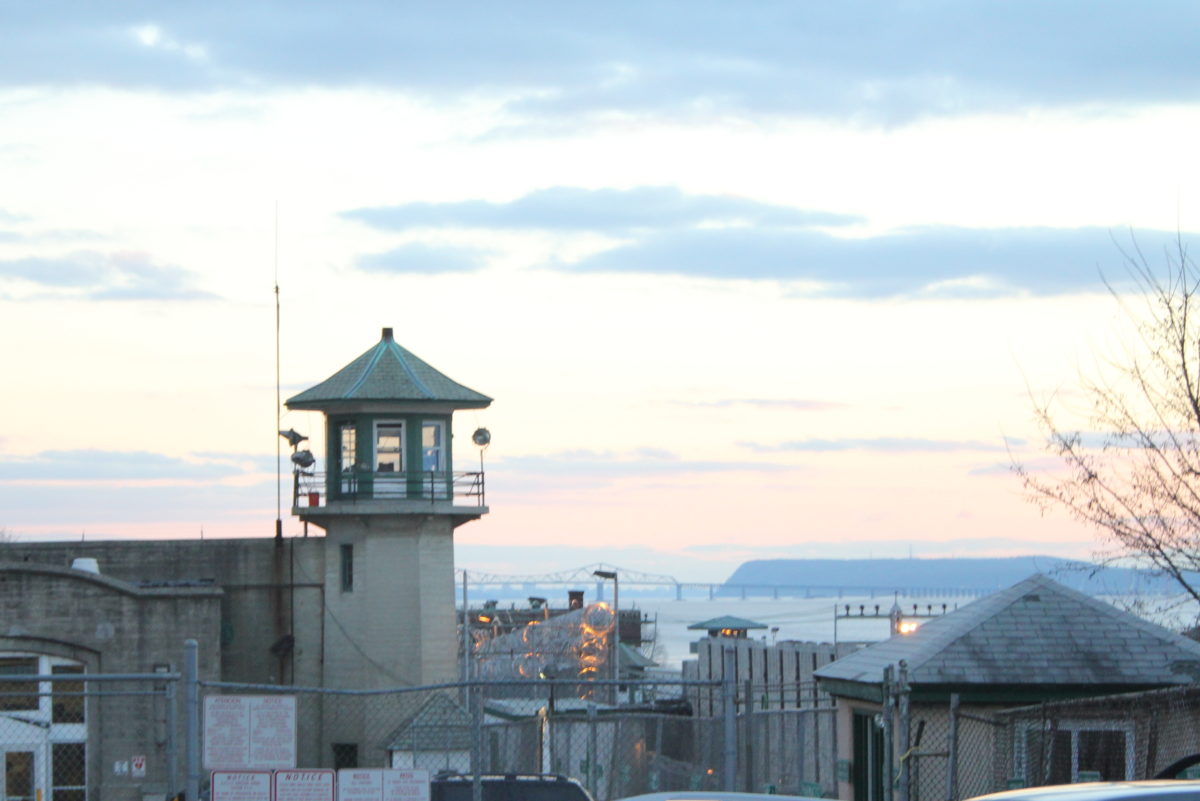
Advocates say the policy, aimed at eliminating contraband, will harm prisoners and their loved ones by making it much harder to send fresh food and other essentials into prisons.
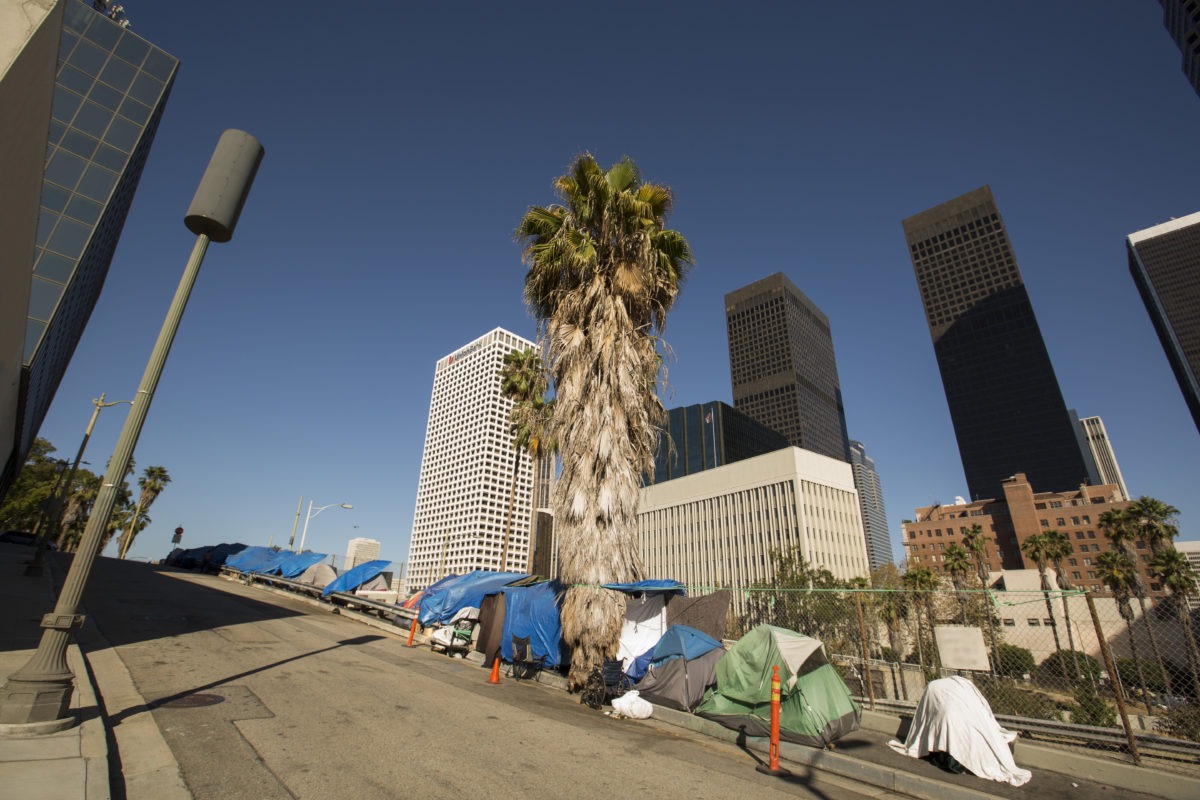
As politicians look to build public support for homeless encampment sweeps, they’re using tactics popularized in LA—the site of one of the nation’s most intense battles over the unhoused.
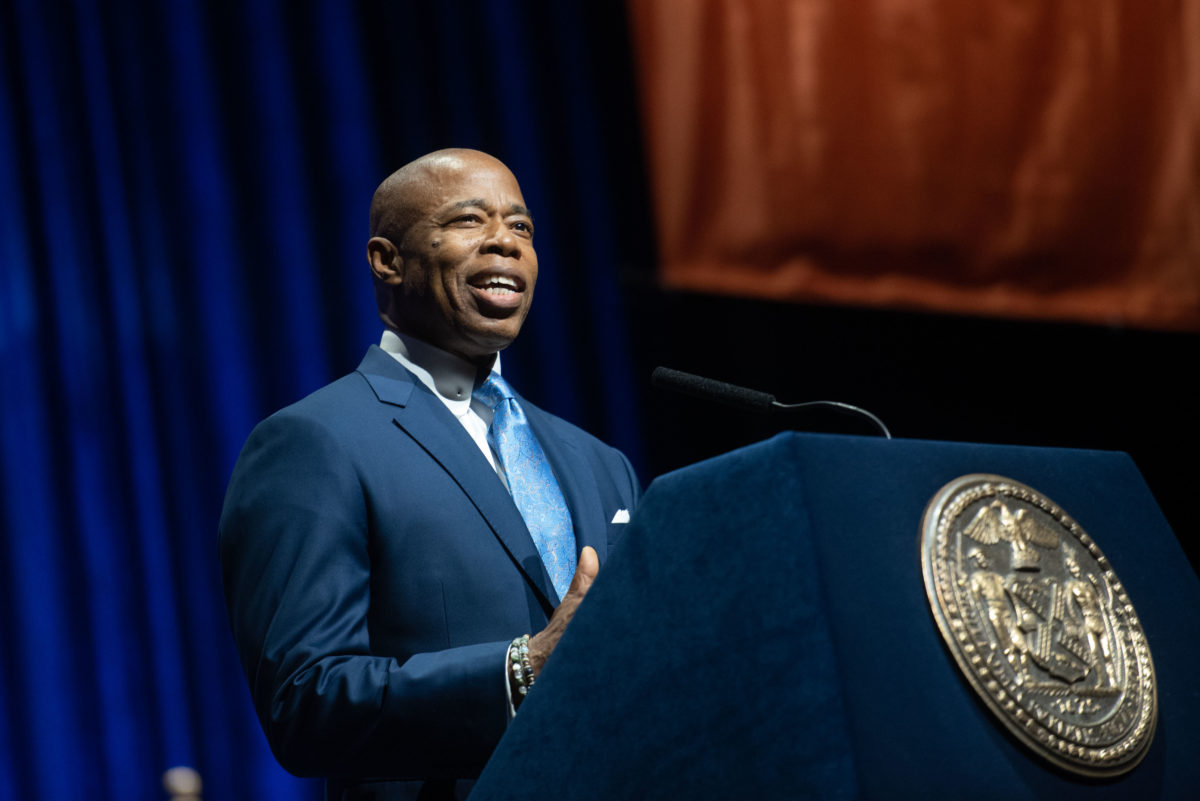
In the raucous debate over bail reform, simple facts have fallen out of sight.
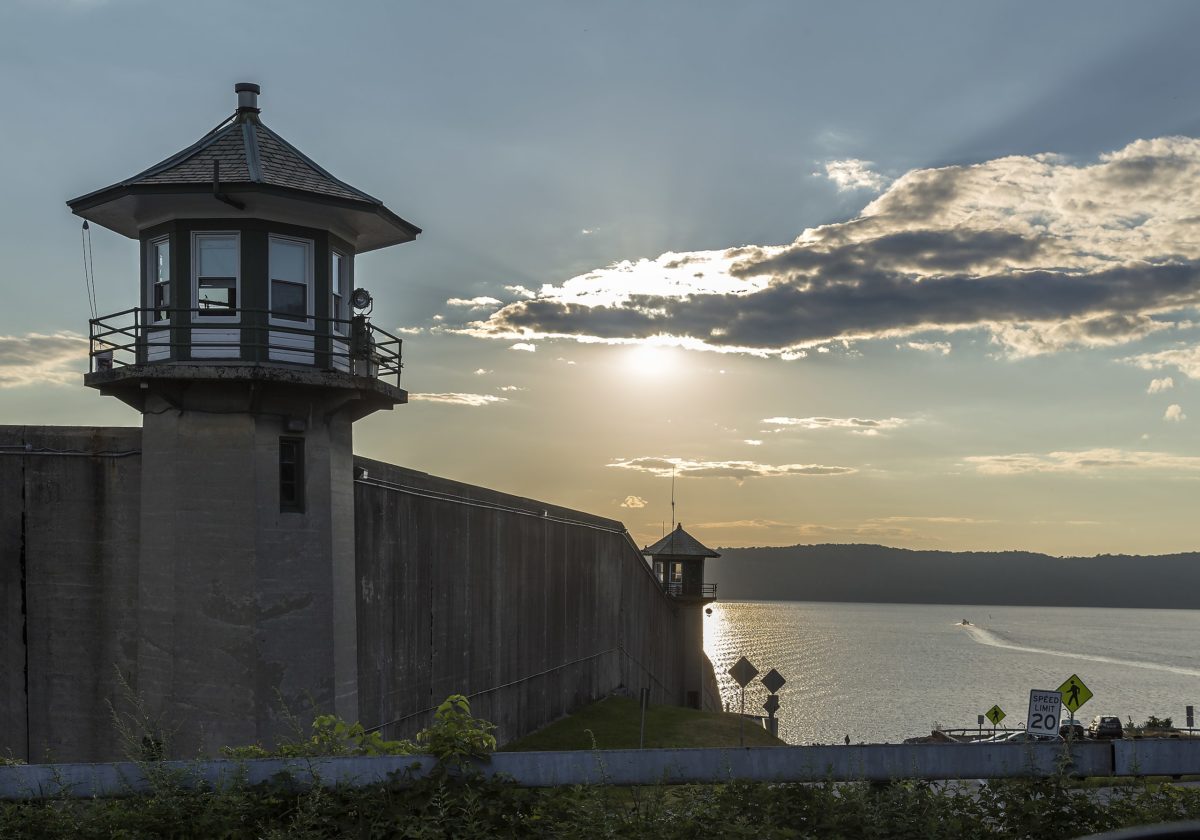
One incarcerated author used skills from an HIV/AIDS group to push imprisoned people and prison guards to get vaccinated against COVID-19.
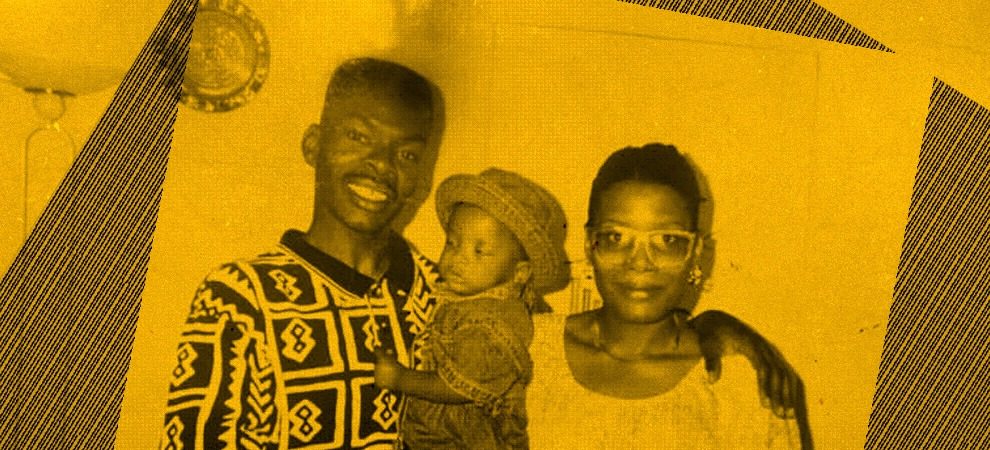
But if he loses his appeal and New York Gov. Kathy Hochul declines to grant him clemency, he will likely be sent back to prison.

After the state rolled back a progressive bail law, data from the Vera Institute of Justice suggests judges are ordering more people be held in jails, amid continued worry over COVID-19.